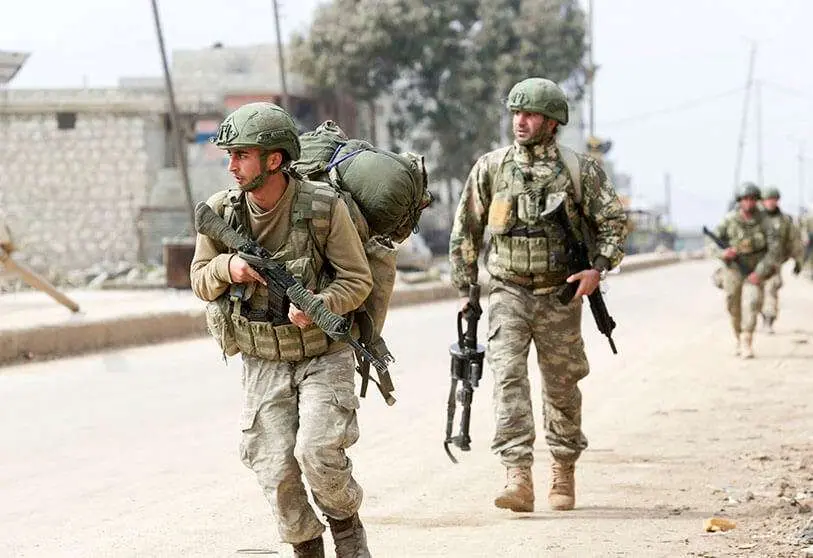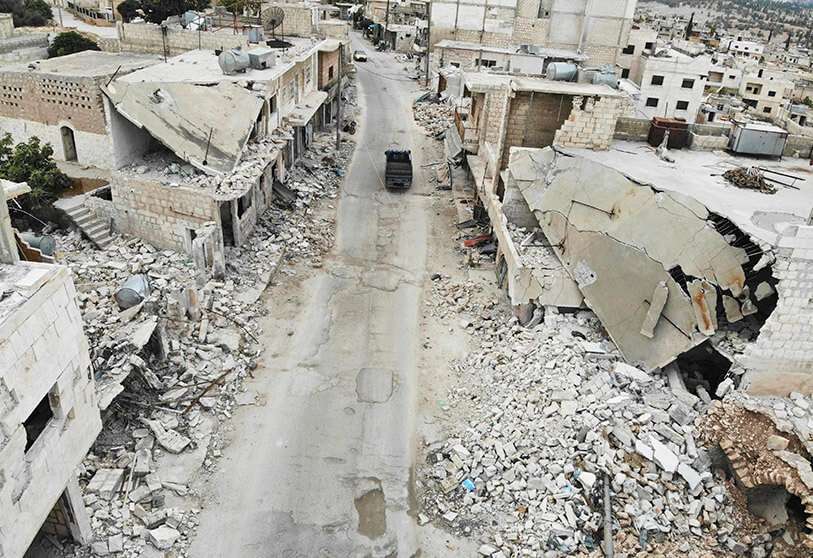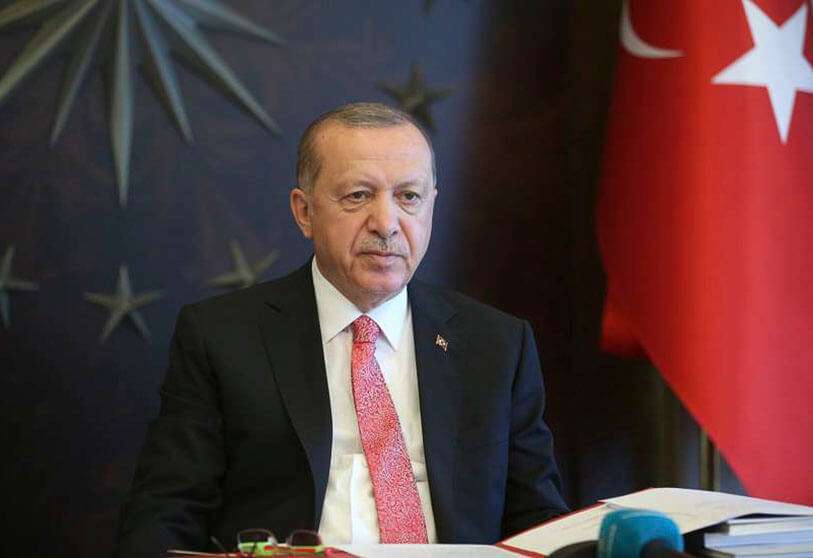Turkey steps up harassment of Kurds in northern Syria

Turkey is stepping up its long-running offensive against the Kurdish-Syrians in northern Syria after two Ottoman soldiers were killed in an offensive in the Syrian country.
The Ottoman army announced that an attack had been carried out a few hours ago against what it considers to be "terrorists" in northern Syria, an enclave in which the Eurasian country has been militarily positioned for years with the aim of pursuing the Kurds it accuses of terrorist acts in the south of the Turkish country's territory. The operation was carried out in response to an attack on an armoured vehicle that killed the two Turkish soldiers and injured two other members of the national armed forces, according to the Turkish Defence Ministry. "In an attack carried out by terrorists against our Kirpi vehicle in the Euphrates Shield Operation area, two of our fellow hero soldiers were martyred and two of our friends were wounded," the ministry said in an official statement posted last night at midnight on the social networking site Twitter.
"Immediately" the Turkish army "determined the terrorist targets in the region", which were "effectively hit", the official statement said. The bodies of the two dead soldiers were taken to the Institute of Forensic Medicine in Gaziantep and the two wounded were transferred to the Kilis State Hospital, in the two provinces bordering Syria, according to EFE news agency.

In this regard, Turkish forces again carried out a "night" bombardment in areas with Kurdish presence around Aleppo, in northern Syria, in response to the deaths and injuries of two Turkish troops last night.
The armed forces fired dozens of shells around Sheikh Issa and other areas north of Aleppo.
According to the Syrian Observatory for Human Rights, violent clashes also erupted on Sunday following the midnight clashes on Saturday night northeast of Aleppo between the warring sides.

The Ottoman entry into the Turkish-Syrian border came under the pretext of pursuing elements considered terrorists. Since 2018, Turkey has been pursuing members of the People's Protection Units (YPG) whom it accuses of links to the Kurdistan Workers' Party, considered a terrorist group by the Turkish government led by President Recep Tayyip Erdogan; but this operation is part of Turkey's expansionist strategy in the Middle East region and other areas such as North Africa, such as its involvement in the civil war in Libya, where the Eurasian nation has been accused of allegedly sending mercenaries from the Syrian war, according to various media reports. Turkey is pursuing an expansionist dynamic with the aim of obtaining a greater geostrategic position and in order to benefit from energy resources such as those related to gas exploration in the eastern Mediterranean, as various specialists and media outlets have reported. Meanwhile, it should be recalled that the People's Protection Units were key to helping the US-led international coalition defeat the Daesh terrorist group in its last stronghold of Al-Baghouz three years ago. The YPG are part of the Syrian Democratic Forces (SDF), opponents of Bashar al-Assad's regime, which has been waging a war since 2011 against insurgents in the northwestern Syrian stronghold of Idlib, who are accused of harbouring jihadist terrorist elements. Al-Assad's government is supported by Vladimir Putin's Russia, which has also taken military and bombing action against the bastion of Idlib.

President Recep Tayyip Erdogan's expansionist and interventionist strategy contrasts with Turkey's internal problems, related to the social discontent expressed by various sectors of society against the Turkish Executive and its policies of repression against the opposition, and also linked to the country's economic problems, which suffered a sharp fall in the Turkish lira and difficulties in the Central Bank, affected by several changes in its management brought about by the political powers.









